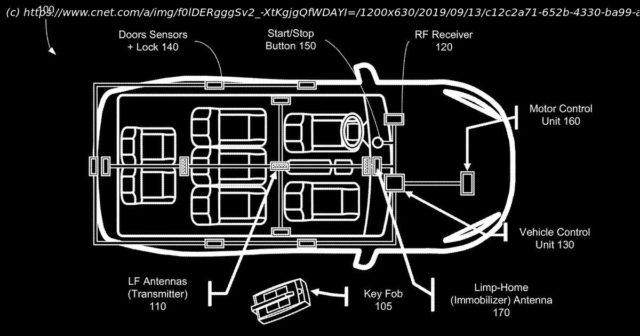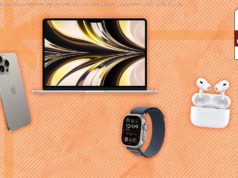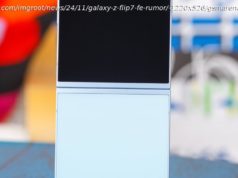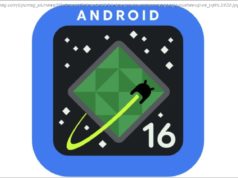You’ve heard of wireless standards like Wi-Fi , Bluetooth and 5G . Now it’s time to learn another term: ultra wideband, or UWB. The …
You’ve heard of wireless standards like Wi-Fi, Bluetooth and 5G. Now it’s time to learn another term: ultra wideband, or UWB. The technology lets you pinpoint the location of phones, key fobs, wallets and tracking tags, helping you find lost dogs or automatically unlock your car. And now it’s the foundation to the new Tile Ultra tracking tag, an Android compatible alternative to Apple’s $29 AirTag trackers. Tile announced the Ultra tag Tuesday, saying it’ll ship in early 2022 but not revealing a price. Google’s new Android 12 smartphone software supports UWB, and Google said it’s been cooperating with Tile on the technology. Samsung’s SmartTags Plus work with Samsung’s phones but not iPhones. Smartphone leaders Apple and Samsung have built UWB into their high-end models, including the iPhone 11, iPhone 12, iPhone 13, Galaxy Note 20 Ultra, Galaxy S21 Plus and S21 Ultra. The Apple Watch Series 6 and Series 7 also have UWB built in. The same U1 chip Apple uses there also powers the AirTags, which means you can use a newer iPhone for « precision finding » that tells you the direction and distance to your AirTag-equipped keychain or purse as long as you’re within range. UWB calculates locations to within less than a half inch by measuring how long it takes super-short radio pulses to travel between devices. It’ll come later to Samsung’s new SmartTags, which use Bluetooth to start, and carmakers including Audi, BMW and Ford are also hot for UWB. Right now UWB’s uses are limited, but as it matures and spreads to more devices, UWB could lead to a world where just carrying your phone or wearing your watch helps log you into your laptop as you approach it or lock your house when you leave. « Being able to determine precisely where you are in an environment is increasingly important, » said ABI Research analyst Andrew Zignani, who expects shipments of UWB-enabled devices to surge from 150 million in 2020 to 1 billion in 2025. « Once a technology becomes embedded in a smartphone, that opens up very significant opportunities for wireless technology. » Here’s a look at UWB and its uses. Satellite-based GPS is useful for finding yourself on a map but struggles with anything much more precise and indoors. UWB doesn’t have those handicaps. UWB could switch your TV from your child’s Netflix profile to yours. Your smart speaker could give calendar alerts only for the people in the room. Your laptop could wake up when you enter the home office. Imagine this scenario: You leave the office and as you near your car, receivers in its doors recognize your phone and unlock the vehicle for you. When you get out of the car at home, the receivers recognize you’re no longer in the vehicle and lock the doors. With UWB, your home could recognize that you’re returning at night and illuminate your walkway. The technology could then automatically unlock your front door and turn on your home sound system, which follows you from room to room. « I’m walking in a sound and light cocoon in my house, » said Lars Reger, chief technology officer of NXP Semiconductors, a UWB proponent whose chips are widely used in cars. Bluetooth-based location sensing takes at least two seconds to get an accurate fix on your location, but UWB is a thousand times faster, Reger said. UWB will add more than convenience, supporters say. Conventional key fobs have security problems in regard to remotely unlocking cars: criminals can use relay attacks that mimic car and key communications to steal a vehicle. UWB has cryptographic protections against that sort of problem. This same ability to track your movements has downsides, particularly if you don’t like the idea of the government following your movements or coffee shops flooding your phone with coupons as you walk by.






